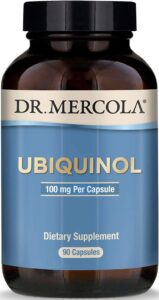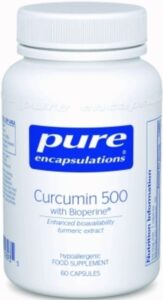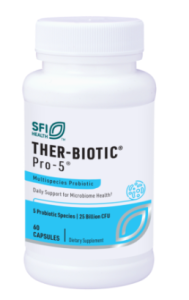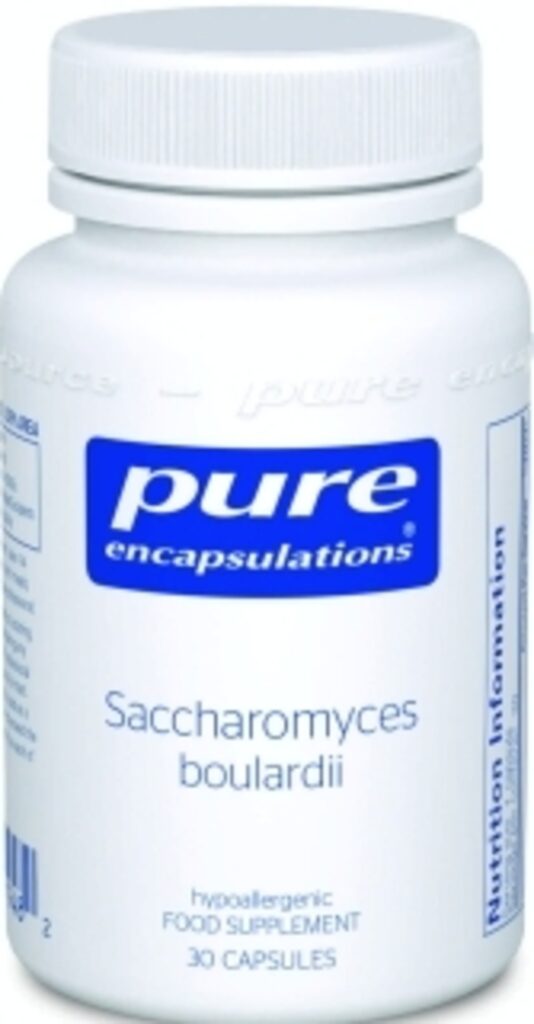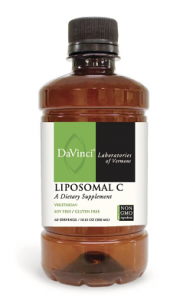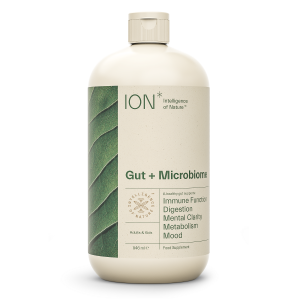What we will cover:
Irritable Bowel Syndrome (IBS)
Symptoms of IBS
Diagnosis of IBS
Managing IBS
Nutritional support
Related products
Irritable Bowel Syndrome (IBS) is a common gastrointestinal disorder characterized by a group of symptoms that can vary from person to person with their own triggers.
It can affect the large intestine and can cause discomfort, pain, and changes in bowel movements. While the exact cause is unclear, diet, stress and an imbalance of the gut microbiome have been linked to the condition.
Symptoms can include:
- Bloating and gas
- Abdominal pain and discomfort
- Changes in bowel movements
- Mucus in stool
Symptoms can range from mild to severe and can be triggered by certain foods, stress and hormonal changes.
It is believed that factors that contribute to the development of IBS include: changes in gut microbiome, impaired gut-immune function, intestinal permeability, issues with motility and psychological disturbances.
- Food allergies and/or intolerances – Certain foods such as gluten, dairy and fructose can be triggering for many with IBS. Eliminating and gradually introducing certain foods you suspect to cause symptoms can help to distinguish potential triggers.
- Abnormal gastrointestinal motility: dysfunction in movement of the digestive tract can lead to symptoms such as constipation, diarrhoea and abdominal pain
- Altered gut microbiota: an imbalance in gut bacteria can trigger symptoms associated with IBS. This could be due to excessive antibiotic use
- Psychological factors: for many IBS sufferers, stress and anxiety can often trigger symptoms and may contribute to the onset for some.
While many of these factors may play a part in its development, the condition is complex and not fully understood. It is likely many factors are involved in its development.
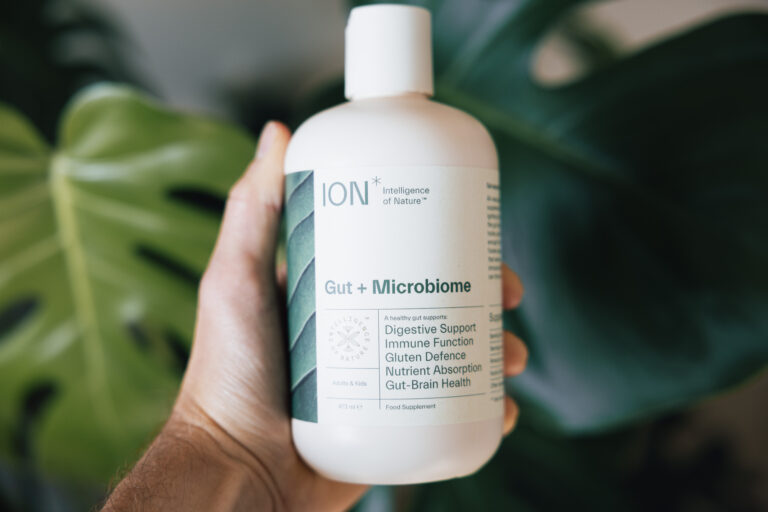
Diagnosis of IBS
To date there is not one test for IBS. Instead, several tests may be taken to rule out other conditions such as ulcerate colitis, Crohn’s disease, celiac disease or colon cancer.
These may include blood tests, stool tests or colonoscopy.

Managing IBS
While there is no cure of IBS there are a number of ways to help manage your symptoms and improve your day-to-day life.
- Eliminating dietary triggers: being able to identify and avoid trigger foods can help reduce symptoms such as bloating, pain or irregular bowel movements. Common triggers foods can include dairy, gluten highly processed foods, caffeine, alcohol. Keeping a food diary of foods consumed along with symptoms can be a useful way to identify triggers. Working with a healthcare practitioner will make this process easier if you are unsure how to approach this method.
- Stress management: relaxation techniques such as meditation and cognitive behavioural therapy can help to reduce stress and anxiety therefore having a positive effect on emotional triggering of IBS symptoms.
Nutritional support
- Curcumin (Turmeric): Curcumin is the active compound found in turmeric known for its anti-inflammatory and antioxidant properties. Research suggests that this may offer relief for IBS sufferers by helping to reduce inflammation in the gastrointestinal tract and alleviate symptoms such as pain and bloating. Curcumin may also help regulate gut motility and improve overall guy function. Consider a curcumin supplement to boost your intake such as Pure Encapsulations Curcumin with Bioperine or Curcuminasol by Farmabarocco with added vitamin D.
- Vitamin C: Also known as ascorbic acid, is a water-soluble vitamin which is crucial for our immunity. Due its anti-oxidant and anti-inflammatory properties, vitamin c has the potential to reduce intestinal inflammation and support growth of beneficial bacteria. Incorporate vitamin c rich foods such as berries, citrus fruits, bell peppers and leafy green vegetables. For added vitamin C, try a liquid liposomal Vitamin C from Da Vinchi Labs.
- Increase antioxidant rich foods such as berries, leafy green veg, sweet potatoes and beetroot for optimal support. If trying an elimination diet consider our Cleanse Nutripowder from Biocare to boost antioxidant intake.
- Coq10 (ubiquinol): a naturally occurring compound found in every cell of the body responsible to energy production and antioxidant defense. It may help reduce symptoms of pain, inflammation and improve overall gut function. Incorporate foods such as fish, organ meats and whole grains if possible or take a supplement such as Dr Mercola’s Ubiquinol or Pure Encapsulations CoQ10.
- Probiotics: Research suggests probiotics can beneficial for those who have an imbalance in their gut microbiome especially after long term antibiotic use. Consider trying Ther-biotic Pro-5 by Klaire Labs to help increase diversity of the microbiome. Or try the saccharomyces Boulardii by Pure Encapsulations, a popular probiotic for IBS.
IBS is a common syndrome which currently does not have an exact cause but rather many factors that can trigger the condition. It can have a big impact in peoples day-to-day lives.
Managing the condition through nutritional means can have a big effect on relieving symptoms of pain, gastrointestinal discomfort, bloating and bowel changes.
Products to look at for IBS:
Ubiquinol, 100mg, 90 Capsules – Dr. Mercola – BBE – 30/05/2024
SKU: 2456-1
£57.72
CoQ10, 120 mg 30 veg caps – Pure Encapsulations – BBE – 30/06/2024
SKU: 6588-2
£17.59
Curcumin 500 with Bioperine, 60 veg caps – Pure Encapsulations – BBE – 30/05/2024
SKU: 6613-1
£32.96
PRO-5, 60 Caps – Klaire Labs
SKU: 8534
£14.99
Saccharomyces Boulardii 30 Caps – Pure Encapsulations
SKU: 9852
£27.28
Liposomal Vitamin C (300ml) – Da Vinci Labs – BBE – 30/04/2024
SKU: 52546-1
£8.95
ION* Gut + Microbiome 946ml – ION Biome
SKU: 6082
£72.00






